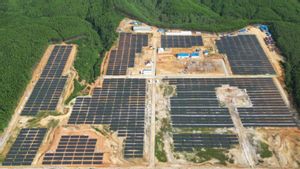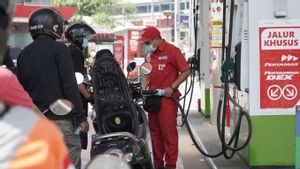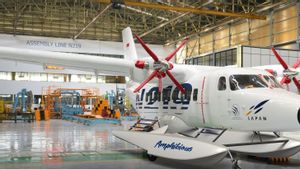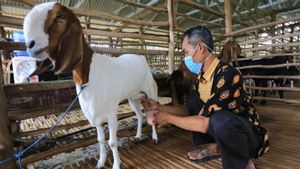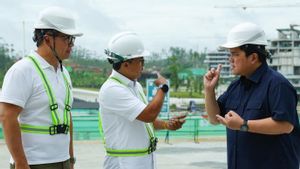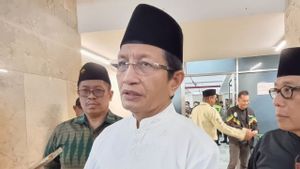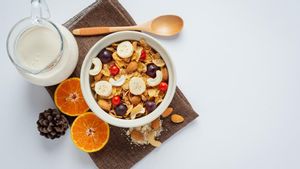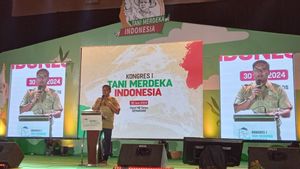JAKARTA - The government's subsidized fertilizer program is only given to nine agricultural commodities from the previous 70 commodities.
This is in line with the issuance of Regulation of the Minister of Agriculture (Pementan) Number 10 of 2022 concerning Procedures for Determining the Allocation and Highest Retail Price of Subsidized Fertilizer in the Agricultural Sector.
This was conveyed by the Deputy for Coordination of Food and Agribusiness, Coordinating Ministry for Economic Affairs, Musdhalifah Machmud in a press conference on the socialization of subsidized fertilizer policies in the agricultural sector, Friday, July 15.
"Commodities that were previously 70 types, are currently limited to only 9 main commodities, namely, rice, corn, soybeans, chili peppers, onions, garlic. Then sugar cane, coffee and cocoa," said Musdhalifah, Friday.
Musdhalifah said the government is committed to continuing to support and improve the governance of the subsidized fertilizer program in economic development. Especially the agricultural sector, so that farmers can be more innovative and adaptive to technological advances.
"These nine commodities are expected to support the realization of better food security in the future," he said.
Meanwhile, the Director General of Agricultural Infrastructure and Facilities at the Ministry of Agriculture, Ali Jamil, said that subsidized fertilizers are intended for farmers with a maximum land area of two hectares (ha) per planting season and must be members of farmer groups and registered in the Simluhtan or agricultural extension management information system.
"So our farmer must be registered. He cannot be in personnel. He must be registered in the farmer group," said Ali.
The allocation for subsidized fertilizer consists of the central level determined by the Ministry of Agriculture, the allocation at the provincial level determined by the governor, and the regent/mayor determining who is entitled to receive it at the district/city level.
"This is a system improvement that leads to ease of openness and transparency in the use of subsidized fertilizers," he said.
The English, Chinese, Japanese, Arabic, and French versions are automatically generated by the AI. So there may still be inaccuracies in translating, please always see Indonesian as our main language. (system supported by DigitalSiber.id)



